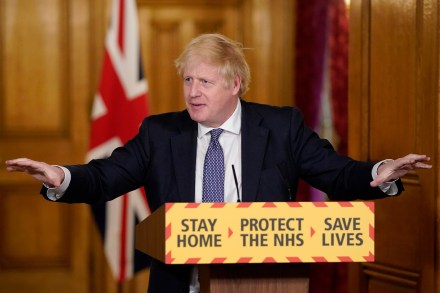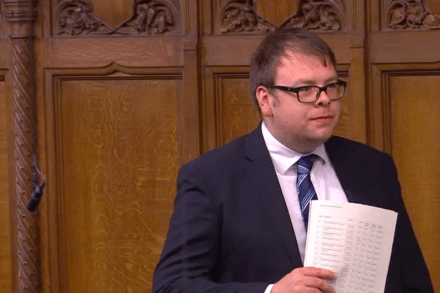Boris Johnson sets the bar for any lockdown easing
The Prime Minister used his appearance at the daily government press conference to confirm that the UK is past the peak of coronavirus infections. However, those hoping for a rapid easing of the lockdown are to be left disappointed. Johnson spoke of the need to avoid a second peak and promised a menu of options to be unveiled next week. He said that this would still not include specific dates as any easing will depend on infection data. As James says in this week’s Spectator cover piece, data will be crucial to informing these decisions. The underlying principle that will guide these decisions: the rate of infection – also known as the ‘R’ rate. Johnson said that the country’s virus reproduction rate




















